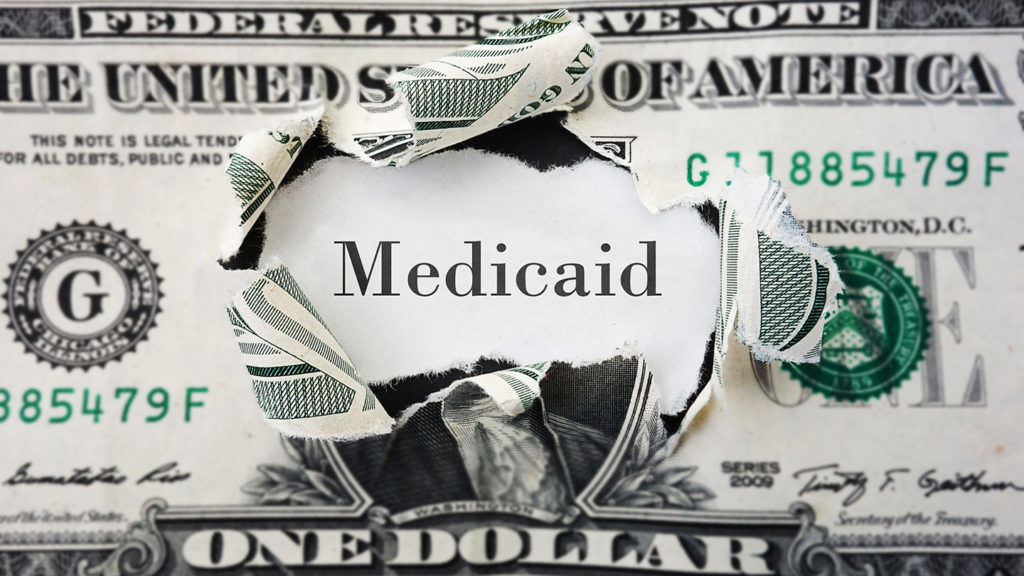A recent bill passed by the House of Representatives, dubbed the “One Big Beautiful Bill Act,” is sending shockwaves through the healthcare industry, particularly among nursing homes and long-term care providers. Policy experts are sounding the alarm that an estimated $700 million in proposed Medicaid cuts could not only disrupt care for beneficiaries but also decimate a significant portion of the healthcare workforce.
The implications are dire, according to a recent Health Affairs article penned by healthcare policy experts Kristi Martin and Hannah Katch. “Medicaid is an essential source of healthcare jobs,” they warned, highlighting the potential for widespread job losses across the senior living and care sector.
The nursing home industry, along with other services for the elderly and people with disabilities, has been a significant driver of job growth in the private sector over the past two decades. Data from the Bureau of Labor Statistics indicates that as of November, these services were among the fastest-growing employers. This growth is largely attributed to the increasing emphasis on Home and Community-Based Services (HCBS), which allow individuals to receive care in their homes or communities rather than institutions.
“To be sure, Medicaid is not the only payer for services for the elderly and disabled, but Medicaid is definitely the single largest payer for long-term care services and supports (LTSS), accounting for nearly half of total LTSS spending in the US,” Martin and Katch explained. LTSS encompasses both facility-based care, like that provided in nursing homes, and HCBS.
Should the proposed Medicaid cuts become a reality, states will face agonizing choices. They may be forced to eliminate optional benefits, such as HCBS, tighten eligibility requirements to reduce the number of people covered, or even slash provider reimbursement rates. History offers a grim precedent: “Historically, when states have been forced to cut Medicaid spending, HCBS was among the first benefit on the ‘chopping block,’” the authors stated. They pointed to the Great Recession, where every state Medicaid program curtailed HCBS between 2010 and 2012.
Despite a robust labor market with unemployment holding steady at 4.2%, and healthcare adding 62,000 jobs in May alone according to the Bureau of Labor Statistics’ June 6th Employment Situation summary, the proposed cuts threaten to unravel this progress.
“This job sector could continue to grow and expand the economy; however, the proposed Medicaid cuts are likely to wipe out all the gains over the years leaving millions of people without jobs and millions more without care,” Martin and Katch concluded. For the nursing home industry, heavily reliant on Medicaid funding for a substantial portion of its residents and operational costs, these cuts represent a direct threat to both its workforce and its ability to provide essential care. The industry now braces for a potential wave of layoffs and a significant disruption to the continuum of care for the nation’s most vulnerable populations.


